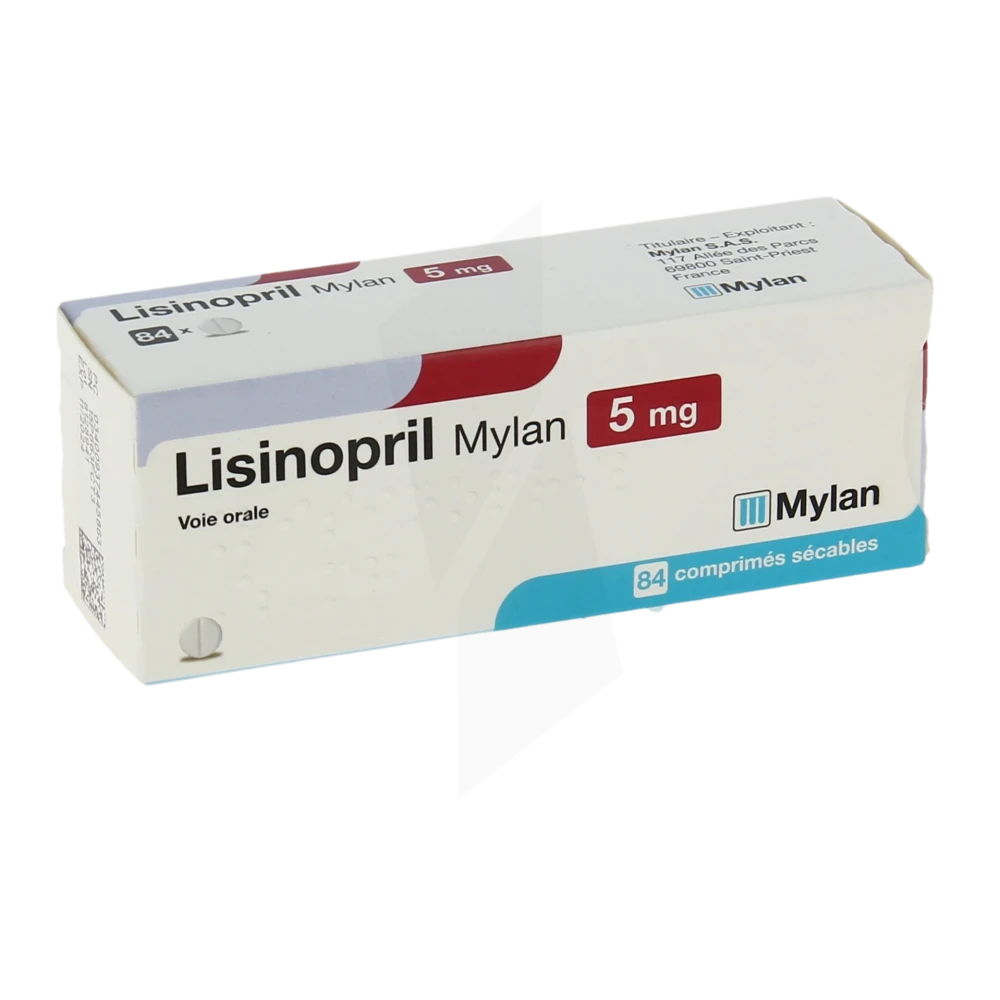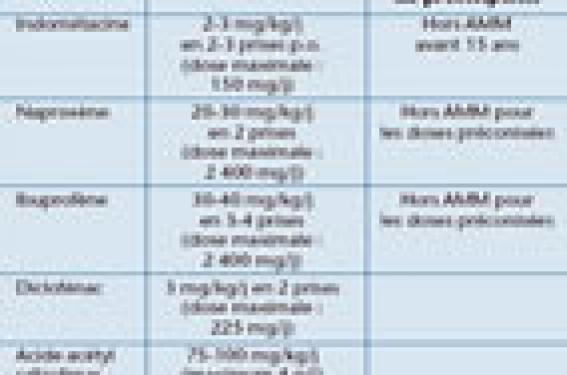Prescribing medications requires a thorough understanding of their effects and associated risks. THE lisinopril, a drug widely used to treathigh blood pressure, is no exception to this rule. Its action, which is based on the inhibition of the conversion enzyme, helps lower blood pressure by relaxing the blood vessels. However, like any drug treatment, lisinopril can cause side effects and presents some contraindications which should be known. Notable risks includehyperkalemia, renal failure and rare cases ofangioedema, which manifest as swelling of the face, lips or even throat. Particular attention should also be given to patients with a history ofangioedema or allergic reactions linked to ACE inhibitors. Thus, it is essential to methodically examine not only the benefits of treatment, but also the potential risks to ensure safe prescribing.

THE lisinopril is a medication commonly used to treat high blood pressure and certain heart abnormalities. It belongs to the class of angiotensin converting enzyme (ACE) inhibitors. Its effectiveness has been demonstrated in reducing cardiovascular risks and protecting the kidneys, particularly in patients suffering from diabetes. However, prescribing this medication requires a thorough understanding of the side effects and contraindications which are associated with it.
Therapeutic effects of lisinopril
Used primarily to treat hypertension, lisinopril works by inhibiting the angiotensin-converting enzyme. This leads to a vasodilatation blood vessels, thus reducing blood pressure and facilitating the work of the heart. In addition, it is beneficial for patients suffering from heart failure or after a myocardial infarction, as it improves heart function and reduces the risk of complications.
The versatility of lisinopril lies in its ability to treat not only mild hypertension, but also more severe cases. Studies show that it can further contribute to reducing cardiovascular morbidity and mortality. However, its use is not without risks or adverse effects.
Side effects: a crucial aspect of prescribing
Despite its undeniable benefits, lisinopril can cause several side effects. The most common include headache, dizziness and hypotension, especially when first taking it. However, more serious effects can also occur. Hyperkalemia, an increase in potassium levels in the blood, is one of the major risks. This disorder can lead to cardiac arrhythmias and requires regular monitoring of potassium levels in treated patients.
Additionally, allergic reactions such asangioedema can occur. This type of reaction manifests itself as significant swelling of tissues, often seen on the face and throat, and can be potentially dangerous if the airways are affected. Patients with a history of angioedema should avoid this medication, which makes it contraindicated in some cases.
Kidney problems represent another category of adverse effects. In particular, a kidney failure can occur, especially in older people or those who already have kidney problems. Thus, it is essential to assess renal function before starting treatment with lisinopril and to monitor blood creatinine periodically throughout treatment.
Contraindications and precautions to take
The prescription of lisinopril must be done taking into account several contraindications. Among these, it is imperative to avoid its use in patients with a known allergy to lisinopril or other ACE inhibitors. Likewise, a history of angioedema related to the use of angioedema inhibitors should be carefully investigated, as this increases the risk of serious allergic reactions.
Pregnant women should also exercise caution. The use of lisinopril during pregnancy is strictly not recommended, particularly during the second and third trimesters, as it may cause malformations in the fetus. The risk is also increased in people with hypotension, because the medication can further change blood pressure, leading to additional complications.
Finally, elderly patients require special attention when prescribing lisinopril, as they are at increased risk of suffering serious adverse effects such as hyperkalemia and reduced kidney function. Appropriate monitoring, with regular blood pressure measurements as well as laboratory tests, is essential.
For those looking for alternatives to ACE inhibitors like lisinopril, there are options such as thiazide diuretics, which may be more appropriate for certain populations. These medications often offer similar benefits without some of the risks associated with ACE inhibitors.
In conclusion, any prescription of lisinopril should be preceded by a thorough assessment of indications and contraindications, as well as a discussion of potential side effects that may result. Doctors and patients should work together to monitor response to the medication and make adjustments if necessary. For more detailed information, please see the lisinopril leaflet, which contains precise data about this medicine and its effects.

FAQ: Understanding the prescription for lisinopril
What is the main therapeutic effect of lisinopril? Lisinopril is a medicine intended to treat high blood pressure, acting at all stages of it, whether mild, moderate or severe.
What are the possible side effects of lisinopril? Side effects may include hypotension excessive, an hyperkalemia and kidney problems. More serious effects may include liver problems or angioedema.
Are there any contraindications to taking lisinopril? Yes, it is contraindicated in people with a history of angioedema linked to taking ACE inhibitors, as well as in those with a known allergy to lisinopril.
What to do if you take lisinopril for the first time? When first taken, there may be a drop in blood pressure greater than in subsequent doses, therefore monitoring is recommended.
What risks are associated with excessive hypotension related to lisinopril? Severe hypotension can lead to complications such as myocardial infarction or strokes, particularly in patients at risk.
What precautions should be taken when using lisinopril? It is important to monitor blood pressure regularly and have follow-up examinations, particularly to detect any hyperkalemia or renal dysfunction.












